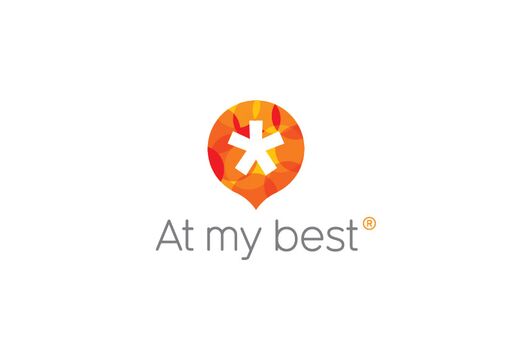“So, what are your strengths then?” my potential future employer asked. It might have been nearly 20 years ago, but I can still remember that feeling of mild panic as I frantically tried to find something sensible to say.
I’d had a good education, completed two degrees (in psychology) and accumulated more than 20 years’ life experience. Surely I should be able to answer such a simple question. “Um, er…”
A simple question
It’s an easy question to ask, but many people find it difficult to articulate what their strengths are. That’s partly because it can feel quite uncomfortable to talk about what you’re great at, but there’s more to it than that.
Typically, our self-reflection focuses more on the things we believe we need to get better at or ‘fix’. Throughout many schools and workplaces this negative attentional bias is reinforced, with far more emphasis placed on ‘areas for development’ than areas of strength. I’ve seen a consequence of this time and time again throughout my career as a business psychologist – people can give you chapter and verse on their weaknesses but struggle to say more than a few bland words when it comes to what they’re great at.
The language of strengths
I’ve often found it interesting that I, like so many others, found it so difficult to articulate what my strengths are. It seems to me that, in no small way, this is a consequence of just not having a strengths vocabulary.
The development of ground-breaking strengths assessments such as the VIA survey and Gallup’s StrengthsFinder has been a huge step forward in this respect. These tools have not only given people a way to identify their strengths, they’ve provided a structure and a language too.
Too many questionnaires?
Over the last decade and more, millions of people have completed a strengths questionnaire. Many of them will have been eager to see the ‘results’; some will have had the opportunity to ask their coach what the ‘test’ revealed about them.
There have been thousands of valuable, insightful and, in some cases, life changing conversations on the back of these tools - and that’s a wonderful thing. However, I am concerned that assessments, might have some important drawbacks.
Assessment or exploration?
The most prominent survey tools were developed by researchers concerned with the measurement of character. That’s why they include so many items - 240 in the case of VIA. That’s necessary for robust research, but perhaps it’s less necessary (and sometimes even a hindrance) if your aim is to help an individual develop better self-awareness.
In fact, Chris Peterson, the Professor who developed the VIA survey, talked about how there are many other ways to find out about someone’s strengths.
“Questionnaires are not the only way to assess character strengths, you can actually just talk to a person, to their friends, to their parents, their teachers.”
A different way
Over the last couple of years my colleagues and I have been developing a very different way to explore and learn about your strengths – one that doesn’t include any 1-5 rating scales at all.
Our aim isn’t assessment, it’s development. We want to engage individuals (and teams) in conversations and explorations of their strengths that enable them to build the narrative of when they are at their best, so that they can start to identify and own their strengths.
We’ve found that very simple stimuli, single words and images, can be an incredibly powerful way to stimulate insight.
What’s particularly good about this approach is that it empowers the client and ensures that they maintain ownership of their strengths story. Clients start by picking words and images, and then elaborate and tell their own stories, in their own words, in a way that is relevant and meaningful to them. The words and images provide the start point in terms of structure and vocabulary, but the strengths exploration evolves in a way that is meaningful for the individual and their context.
Questionnaire-based tools that produce an automated report can all too easily empower the professional (e.g. coach or psychologist) rather than the client. The set format and sometimes idiosyncratic language that is perhaps necessary in a formal assessment report means that some interpretation is required. It’s like ‘I’ve answered the questions, now tell me what this says about me’.
A role for both
In my opinion, strengths assessment tools should be used for just that – assessing strengths. But if you’re interested in developing someone’s strengths I favour the simpler, more engaging approach.
We’ve turned the words and images we use in our work into a set of strengths cards and online tools. Of course, you don’t need to use the At My Best products to explore your strengths or help others get a better understanding of who they are at their best, you could create your own stimuli by using words, photos, artwork or even objects or something that taps into other senses.
Give it a try
If you do want to take a look at the At My Best tools, here’s where you can find out more:
Be tactile - get your own deck of strengths cards
Be curious – try the free online self-reflection
If you want to go even further you can even find out what strengths other people value in you with At My Best 360. Use the discount code PP50 before 8 January 2017 and you’ll get 50% off!
Don’t forget to tell us how you get on, we’d love to hear from you.
Martin Galpin is a business psychologist and Director of Work Positive
